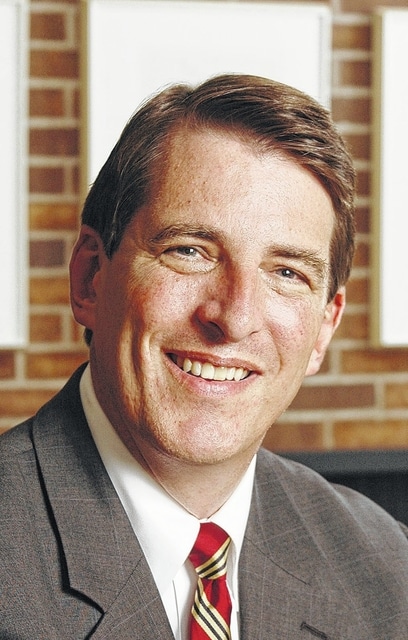

He was a man whose physical appearance evoked a sense of dignity and a towering presence. Even in the waning years of his life, when cancer filled his body and caused him to walk with a stoop, his dark brown skin glowed, his eyes glistened, and his voice boomed, and his hair and full beard were a brilliant white. His physical presence, like his life story, commanded respect. His name was Harold Flowers and, when I met him late in his life, he was a retired attorney and a retired United Methodist pastor.
I occasionally visited Harold Flowers in his law office. He never made much money as an attorney, as the causes he championed were not the kind that paid well. So his office was quite modest – a small cinder-block building with peeling yellow paint. But when I stepped into the office, I felt like I was standing on holy ground.
The office was full of clutter — on the walls, on the desks, on the floor, and everywhere else. But this was sacred clutter. The files, letters, news clippings, photographs and memorabilia in his office told the story, better than any other collection of which I am aware, of the history of the civil rights movement in Arkansas.
Harold Flowers was a pioneer in the struggle for justice in Arkansas. In the late 1940s, more than half a decade before the Supreme Court ruled in Brown v. Topeka Board of Education, Harold Flowers filed lawsuits petitioning the courts to end segregation. Flowers carried the banner in the struggle for racial equality and human dignity all of his life. The photographs and news clippings in his office told the story of the struggle.
One day when I was visiting with Flowers in his law office, he began talking about what motivated him to take such a leading role in the struggle for freedom. He was clearly motivated by a desire to rid the world of injustice, of indignity, of demeaning mistreatment of people. But for Harold Flowers, the great motive of his life was a fundamental claim of faith. His life was grounded in the theological claim that he served a God who creates all people equally, and who shows no partiality, period. He believed the vision of our Founders that all people are created equal and endowed with certain rights that can never be taken away. He wanted that vision to be fulfilled.
I thought again of Harold Flowers and so many like him who devoted their lives to the cause for justice and liberty when I heard of the murder of nine African-Americans in their church in Charleston, South Carolina. We cannot deny the insidious nature of racism in our society today. It is reflected in social and political structures, income disparity and the persistent differences in the way people are treated as a result of nothing more than the color of their skin. The challenge feels overwhelming as the cry goes up: how long, O God, how long?
The answers are not easy, and the solutions are not simple. But it seems to me that Harold Flowers was right. We begin with a fundamental principle that is embedded in the genetic code of this country and finds its origin in the creeds of faith. All people are created equally by a God who shows no partiality.
What if each of us approached every human interaction with this simple premise as the place of beginning? What if elected officials approached each policy decision with this fundamental principle as the foundation on which all else rests? What if leaders in every sector of our society made the fair and equal treatment of every person the driving agenda of the organizations they lead and the communities they serve?
“I truly understand that God shows no partiality.” (Acts 10:34)

